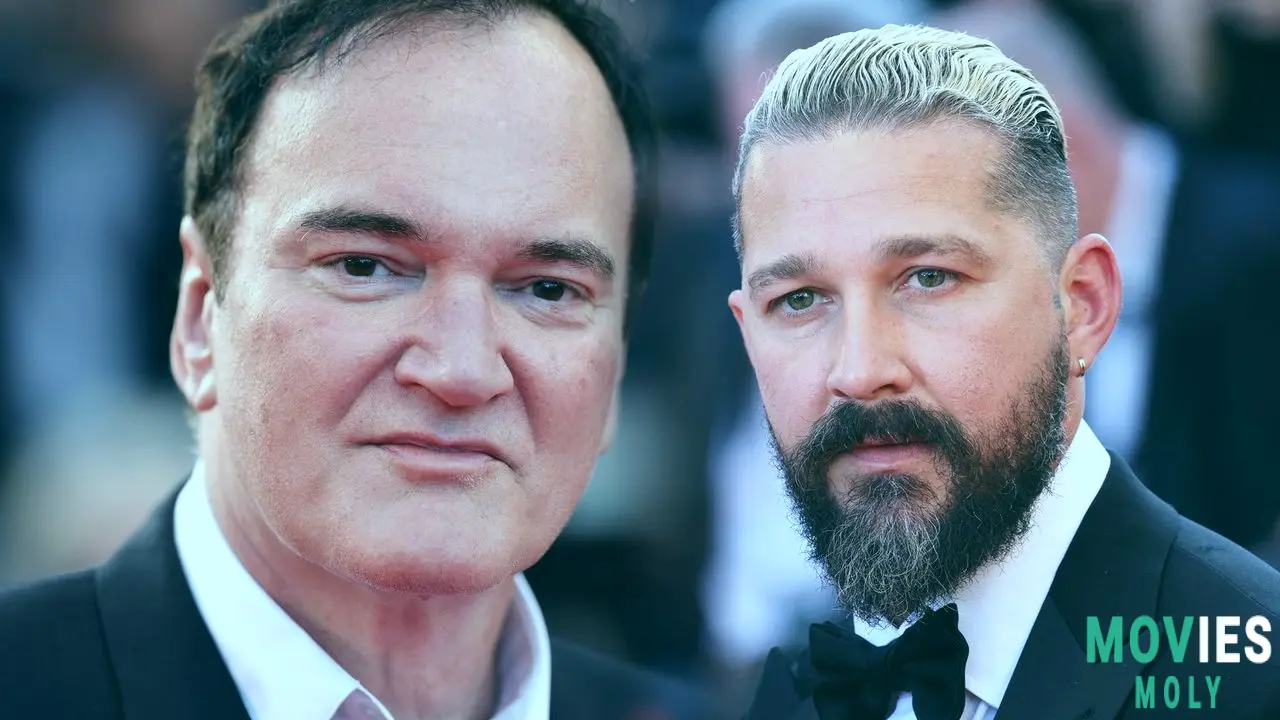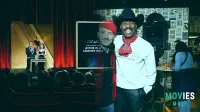Quentin Tarantino will be the guest of honor at this year’s Cannes Classics lineup, a well-deserved spotlight on the director who continues to shape how we talk about genre and style in cinema. The festival isn’t just celebrating Tarantino’s past work—it’s giving him the platform to showcase two restored Westerns by George Sherman, a filmmaker Tarantino deeply admires.
Cannes Classics lineup features Tarantino in special roleMore than three decades after Pulp Fiction shook the film world, Tarantino remains a key voice in cinema culture. This May, he won’t just be attending Cannes—he’ll be actively participating. The festival has lined up a special tribute to Sherman, a director often overlooked in the mainstream but championed by Tarantino for his efficient storytelling and creative spark within low-budget constraints.
“Red Canyon” (1949) and “Comanche Territory” (1950) are the two Sherman Westerns that Tarantino will present. Both films come from Sherman’s most inventive period at Universal Pictures. They’re not Tarantino films, but that’s the point. These are the kinds of genre pieces Tarantino learned from—and reimagined in his own work.
Tarantino’s conversation about Sherman will be a highlight
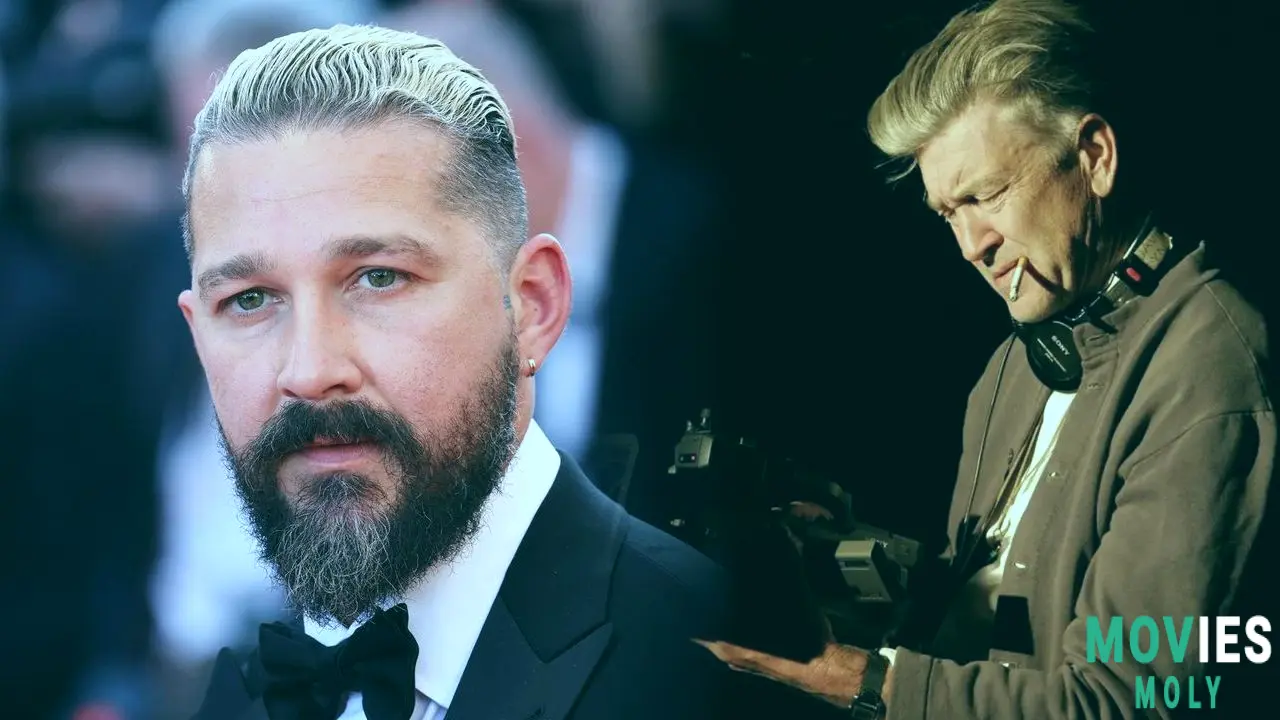
Following the screenings, Tarantino will take part in a discussion about Sherman’s work. The conversation will be moderated by critic and documentarian Elvis Mitchell, known for digging beneath the surface of filmmakers’ styles and influences. Expect Tarantino to break down Sherman’s techniques, his storytelling rhythms, and why these particular Westerns still matter.
It’s a rare moment when a contemporary auteur gets to shine a light on a past filmmaker through more than just name-dropping. Tarantino isn’t just paying homage—he’s curating. And that curation says a lot about where he believes film history deserves more attention.
More than honor: Tarantino’s role at Cannes reflects his ongoing film passion
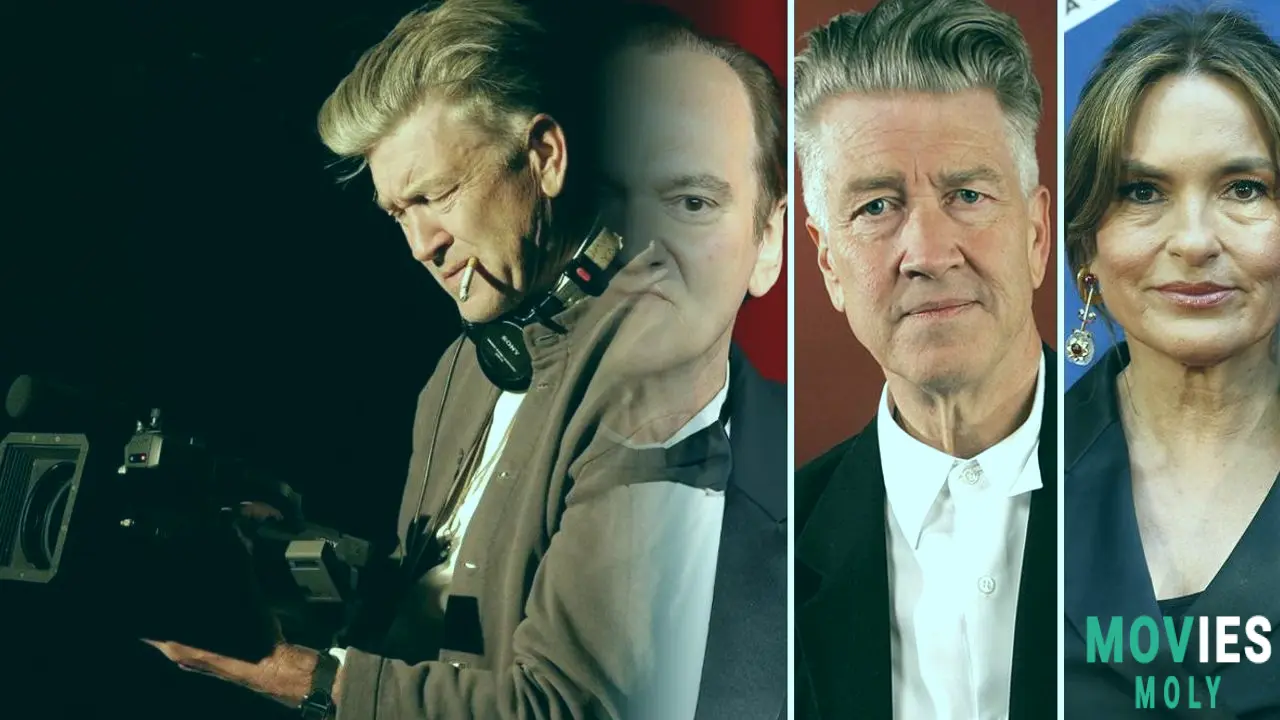
While Tarantino hasn’t released a new film in a few years, his presence at festivals like Cannes remains influential. His 2022 book Cinema Speculation showed him at his most analytical and passionate, not about creating new work, but about understanding film itself. Cannes Classics is giving him a platform not just to celebrate his own legacy, but to engage with cinema in the way he’s always wanted: as a fan, a student, and a teacher.
How Tarantino’s Cannes appearance ties into the larger festival lineup
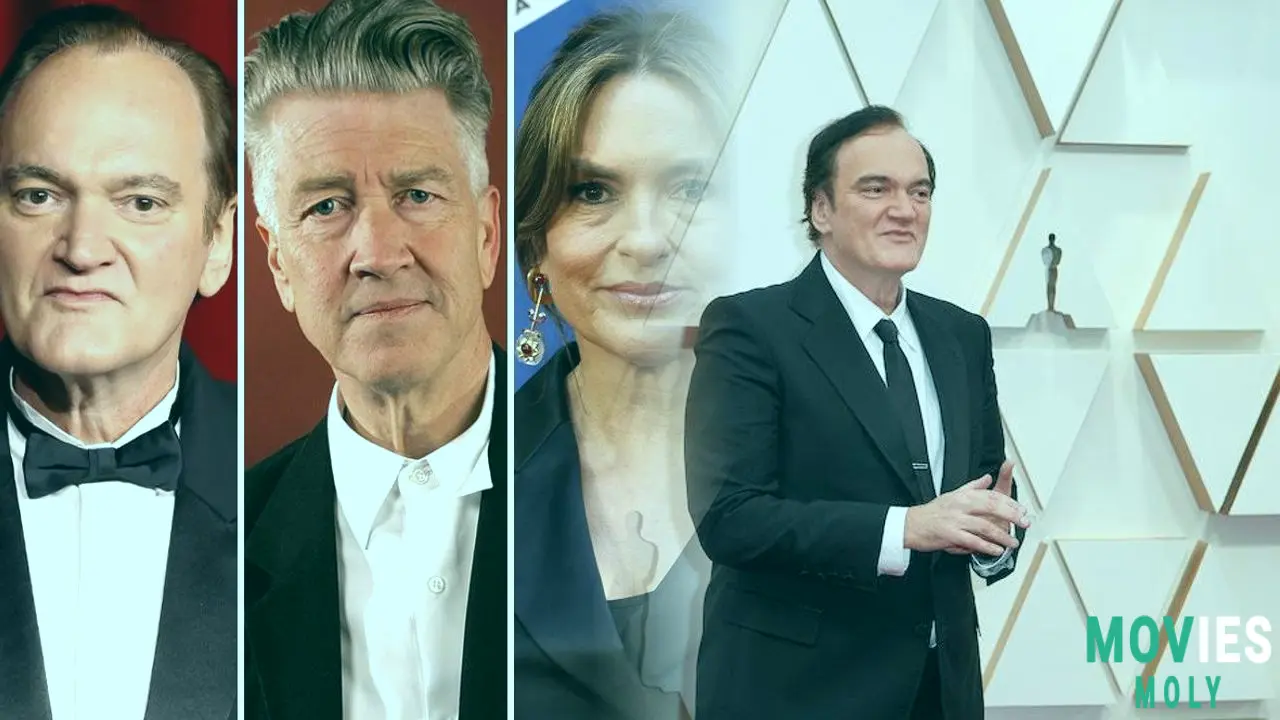
The Cannes Classics lineup is stacked this year. Alongside Tarantino, the festival will feature a new David Lynch documentary, Welcome to Hollywood, screenings of restored gems like Barry Lyndon in 4K, and Alejandro G. Iñárritu’s Amores Perros with the director in attendance. It’s a roster built for cinephiles, and Tarantino’s involvement only sharpens that focus.
It’s not just about premieres. It’s about how filmmakers like Tarantino, Lynch, and Iñárritu connect to film history—and to each other. Tarantino’s choice to highlight George Sherman’s work is a reminder that film heritage isn’t just about art films or auteur cinema. It’s about the genre movies, the B-movies, and the studio crafts that shaped language of cinema across the board.
What fans can expect from Tarantino’s Cannes role
There won’t be any new Tarantino films debuting at Cannes this year. But that doesn’t mean fans won’t get something valuable. His talk with Mitchell promises to be more than a Q&A. It’s likely to be a mini-lecture, a passion project, and a call to action for film lovers to dig deeper into directors like Sherman.
For those who’ve followed Tarantino’s career, this is familiar ground. He’s always been about digging into the DNA of genre. Whether it’s spaghetti Westerns, grindhouse films, or samurai cinema, Tarantino wants us to see where ideas come from. Cannes Classics is giving him the stage to do just that.
Quentin Tarantino’s legacy continues through curation, not just creation
As film festivals evolve, so do the roles filmmakers play in them. Tarantino’s presence at Cannes isn't just about past glories—it's about how he continues to engage with film culture. By championing George Sherman, he’s not only honoring a director but expanding the conversation about what film history is and should be.
This isn’t just a tribute. It’s Tarantino doing what he does best: turning attention into appreciation, and appreciation into inspiration.

